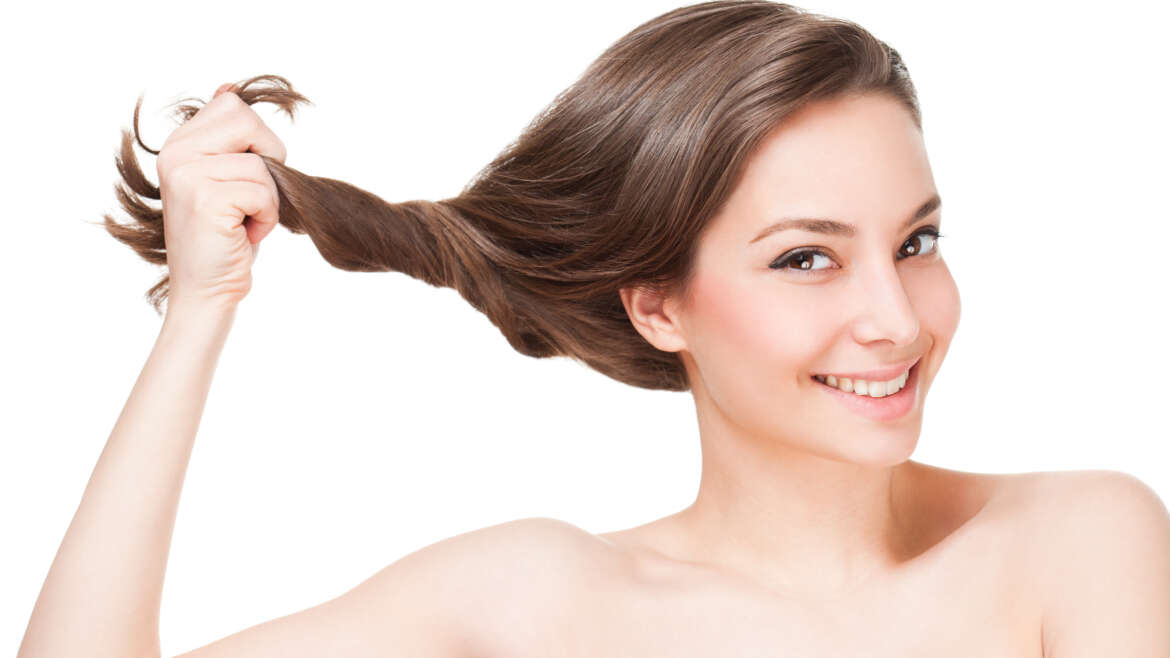Hair, often regarded as a symbol of beauty and vitality, undergoes a complex and intricate growth process influenced by various factors, with hormones playing a pivotal role. Among the many hormones that impact hair growth, testosterone takes center stage. In this comprehensive exploration, we delve into the intricate relationship between hormones and hair growth, with a specific focus on the role of testosterone. Additionally, we’ll highlight the significance of seeking professional guidance, with a nod to the expertise available at Enhance Aesthetic Clinic.
Understanding Hormones and Hair Growth:
- Hormones and Hair Follicles: Hormones act as messengers in the body, regulating various physiological processes, including hair growth. The hair growth cycle consists of three phases: anagen (growth), catagen (transition), and telogen (resting). Hormones influence the duration and activity of these phases, impacting the overall density and health of the hair.
- Androgens and Hair Growth: Androgens, a group of hormones that includes testosterone, play a crucial role in the development and maintenance of both male and female characteristics. While androgens contribute to hair growth in some areas of the body, they can have different effects on the scalp, leading to conditions like androgenetic alopecia (male and female pattern baldness).
The Testosterone Connection:
- Natural Production of Testosterone: Testosterone, primarily known as a male sex hormone, is also present in smaller amounts in females. It is produced in the testes in males and the ovaries in females. Adrenal glands in both genders also contribute to testosterone production.
- DHT and Hair Follicle Sensitivity: Testosterone undergoes conversion into dihydrotestosterone (DHT) through the action of an enzyme called 5-alpha-reductase. DHT, while essential for various bodily functions, can contribute to hair loss by binding to hair follicles, making them more susceptible to miniaturization.
- Miniaturization of Hair Follicles: Miniaturization is a process where hair follicles shrink over time, leading to thinner and shorter hair strands. Testosterone, when converted to DHT, can accelerate this miniaturization process, particularly in genetically predisposed individuals.
Professional Insights at Enhance Aesthetic Clinic:
For those seeking expert guidance on hormone-related hair growth issues, Enhance Aesthetic Clinic offers a range of advanced treatments and personalized consultations. The clinic’s experienced professionals can provide insights into the hormonal factors affecting hair growth and recommend tailored solutions to address individual concerns. Visit https://www.enhanceaestheticclinic.com/ to explore their expertise in hair restoration and hormonal balance.
Balancing Hormones for Healthy Hair Growth:
- Understanding Hormonal Imbalances: Hormonal imbalances, such as elevated levels of DHT, can disrupt the natural hair growth cycle. It’s essential to identify and address these imbalances to promote healthier hair growth.
- Medical Interventions: In cases of androgenetic alopecia, medical interventions may be recommended to inhibit the conversion of testosterone to DHT. Medications like finasteride can help manage hair loss by blocking the action of 5-alpha-reductase.
- Topical Treatments: Topical treatments, including minoxidil, can be effective in promoting hair growth by stimulating blood flow to the follicles and extending the anagen phase. These treatments can be part of a comprehensive approach to combat hair loss.
- Nutritional Support: A well-balanced diet with essential nutrients, including vitamins and minerals, is crucial for maintaining healthy hair. Nutrients such as biotin, zinc, and iron play a role in supporting hair growth and preventing deficiencies that can contribute to hair loss.
Lifestyle Factors and Hormonal Health:
- Stress Management: Chronic stress can contribute to hormonal imbalances, impacting hair growth. Incorporating stress-management techniques such as meditation, yoga, and regular exercise can positively influence hormonal health.
- Regular Exercise: Physical activity not only helps manage stress but also promotes overall hormonal balance. Exercise enhances blood circulation, ensuring that hair follicles receive an adequate supply of nutrients for optimal growth.
- Adequate Sleep: Quality sleep is essential for hormonal regulation. During deep sleep, the body produces growth hormone, which contributes to cell repair and regeneration, including that of hair follicles.
Conclusion:
The intricate relationship between hormones and hair growth, particularly the role of testosterone, underscores the need for a holistic approach to hair care. By understanding the hormonal factors influencing hair health and seeking professional guidance, individuals can take proactive steps to address concerns related to hair loss and promote optimal growth. Enhance Aesthetic Clinic stands as a beacon of expertise, offering advanced treatments and personalized consultations for those navigating the complexities of hormonal hair issues. Visit https://www.enhanceaestheticclinic.com/ to explore their comprehensive solutions and embark on a journey towards healthier, fuller hair.

